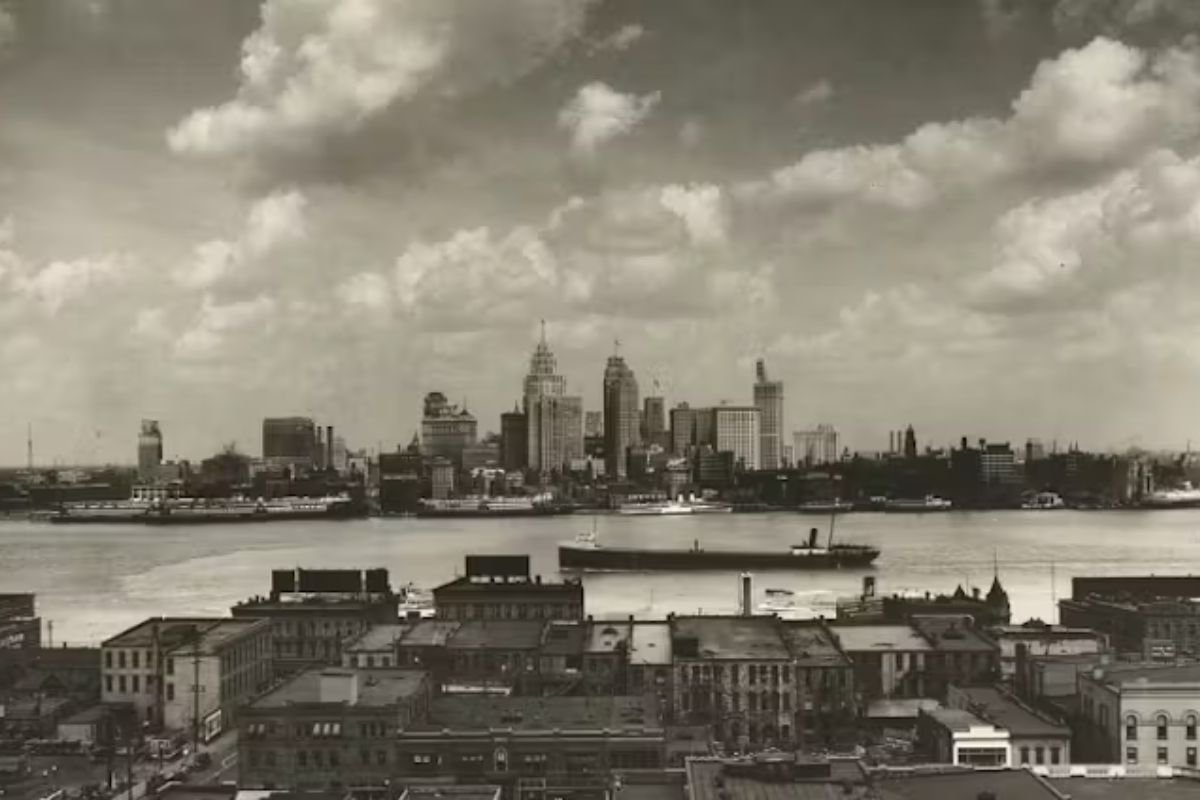Liz Derias: “What does power mean to Black people? If we are not fundamentally talking about power, Cyndi, we’re not building Pro-Blackness. Because we’re not interested in a cosmetic approach to building Pro-Blackness. We’re interested in really building up the capacity for staff, with Black people at the center, but for all staff, to shape and influence the outcome of what happens.”
Sign up for our free newsletters
Subscribe to NPQ's newsletters to have our top stories delivered directly to your inbox.
By signing up, you agree to our privacy policy and terms of use, and to receive messages from NPQ and our partners.
Kad Smith: “What I love about the Pro-Black approach is that that there is more than enough inspiration to let you know that Black folks and Black peoples across the diaspora have a unique offering for this particular moment in time as we come to understanding what racial reckoning and atonement for a racialized caste system in the US looks like. But perhaps more broadly, when we start to talk about how imperialism and capitalism have wreaked havocs across the world, what Black folks across the world can teach us about no longer continuing to sit idly by and accept that as the status quo. So it really is about celebrating the rich tradition of Black folks across the diaspora and to do so with pride, where you feel it in your belly and you feel it in your heart and you even start to get a little shaken because you know that there’s something greater than you.”
Liz Derias: “Our own understanding of building Pro-Blackness was how to build an organization where punitive action was not at the crux of everything you do as a Black person. And so that value—being punitive, being dominant, having power over—it’s a relic and a continued relic of White supremacy, White settler colonial culture, right? That means that we are intrinsically challenging punitive action. And Black folks have been, I mean, our reality is punitive action in this world, right? And how important it is for us to understand the rules that govern our lives. It is very important as Black people building a Pro-Black organization to know the policies and the rules that govern our lives. One, because if we, historically, if we didn’t know the rules we could be hanged for that. We could be incarcerated…. And so for us to know the policies that govern our lives, we could then make choice, we could have choice. We decide to follow these rules, break these rules, create new rules—which is all organizing really is, right?…. And to build a Pro-Black organization, you have to understand power, and you have to really be committed to removing punishment as a consequence of action.”










